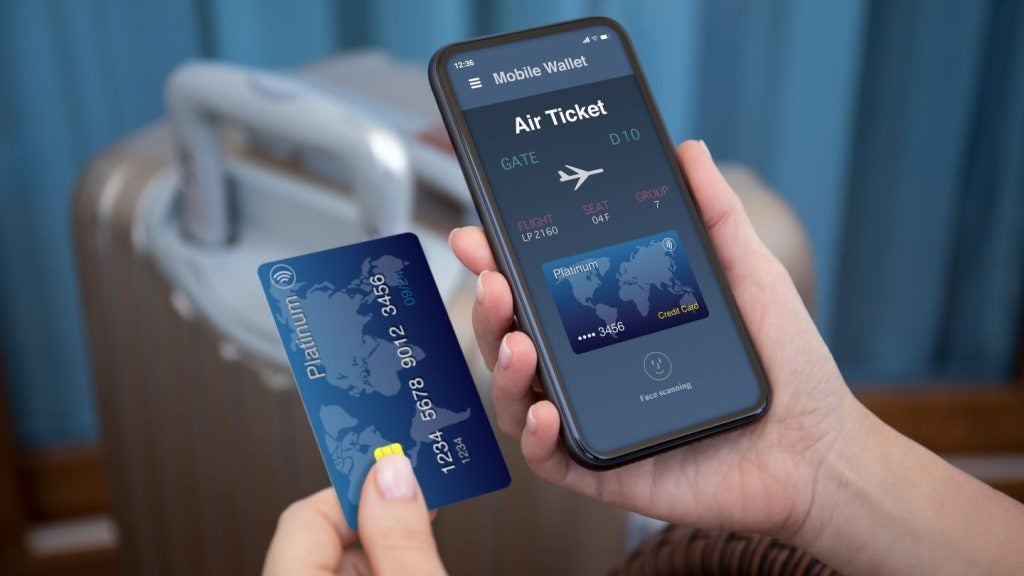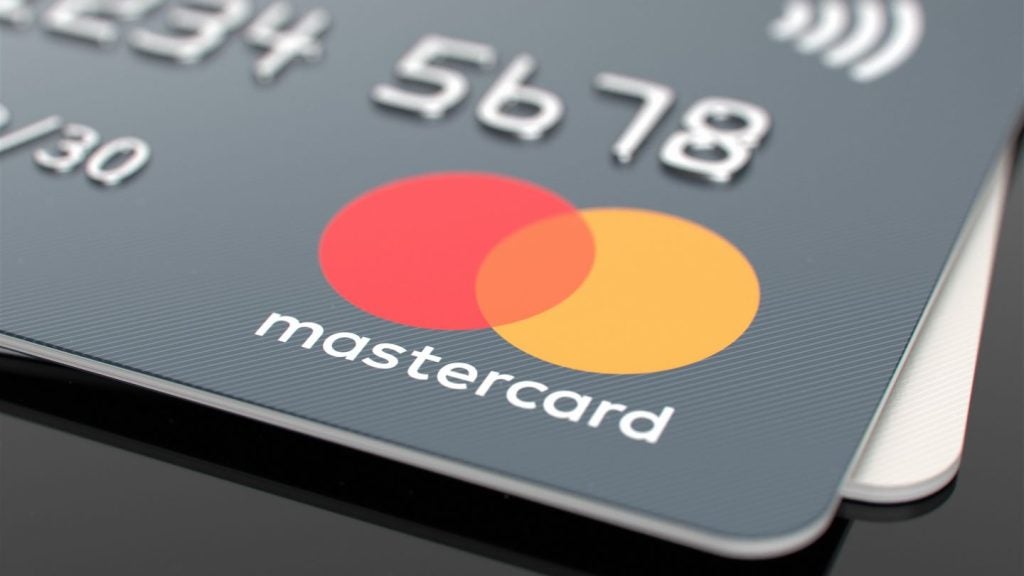Technology innovation is transforming the payments landscape, with new capabilities and developments that enable its evolution. Barclaycard CIO Keith Little details the findings of a Barclaycard survey and the potential of emerging technologies. Briony Richter reports
Emerging technologies that create new capabilities have the potential to redefine the very culture of payments. As payments evolve, so too does the role of those working within the industry.
Speaking to EPI, Keith Little describes his role and how it is changing. “So, I am the CIO at Barclaycard and I look after various areas of technology, such as technology that supports fraud, which is massively important to Barclaycard,” he explains. “I work across the Barclaycard business on the technology side. It’s a lot of work, but very interesting.”
A recent Barclaycard survey of 100 UK CIOs explored how the role is rapidly changing. Among the findings, 78% of CIOs believe they need a wider skill set than five years ago, while 66% believe that providing payment solutions is of high importance, and 77% are executing new approaches to implementing technologies.
It is clear that CIOs are not just exploring the potential of new technologies, but are also actively implementing them.
“The idea behind the survey was to make sure that we understood our customers well, hence why we went out to them and asked them for feedback. Also, we looked deeper into the decision making,” Little says.
How well do you really know your competitors?
Access the most comprehensive Company Profiles on the market, powered by GlobalData. Save hours of research. Gain competitive edge.

Thank you!
Your download email will arrive shortly
Not ready to buy yet? Download a free sample
We are confident about the unique quality of our Company Profiles. However, we want you to make the most beneficial decision for your business, so we offer a free sample that you can download by submitting the below form
By GlobalData“If you see some of the stats, you’ll see that a growing amount of decision making in the payments and finance area is now very much part of the CIO’s responsibility. That theme has carried on. For me a big point is how we integrate and how we make sure our products deliver what the CIOs want.”
Three-quarters (75%) of CIOs have seen increases in investment in payment technology in the past five years – this is definitely the case for Barclaycard, which has a range of products and solutions that create a seamless experience for its customers.
Barclaycard recently partnered with Evernym to explore the benefits of self sovereign identity, enabling consumers to securely store information about their digital identities. Barclaycard predicted that by 2022, 40% of interactions between businesses and their customers will be affected by a form of digital ID.
Little notes that there many changes in the industry are having a massive impact on payments, such as PSD2, which will bring consumers closer to ditching passwords for more secure technologies like biometric security. Little explains that it is part of his role to ensure that products and solutions are always digitally efficient and responsive.
Emerging Technologies
The survey highlighted growing concern around fraudulent activity. Attacks from hackers have been getting more sophisticated in recent years, and the technology to stop them has to become more mature and faster.
Overall, 52% of CIOs think updating payment technology is a high priority, and it is certainly a focus for Barclaycard. Little highlights a number of emerging technologies that will reshape the payments industry. One of the most used, and with a lot to offer, is machine learning.
“That’s the one that is with us today. It has a number of use cases, including fraud prevention. We use it to make the customer experience enhanced and take pain points away, making it a frictionless journey.
“At Barclaycard we also use it to look at how data can improve our products, asking how we can help our customers get a better understanding of their customers,” Little adds.
Other technologies include blockchain and the Internet of Things. Of those surveyed, 35% have adopted or are piloting blockchain to provide greater transparency and increased security for data. Although this is increasing, a further 43% have absolutely no plans to put blockchain technology into production.
“Blockchain is really interesting. There are a lot of people piloting it but nobody is necessarily doing it,” Little says. “We are still looking for that killer use case. I’m not totally convinced it’s in payments yet, but it’s something we will be keeping a close watch on as it is clearly something on the minds of our customers. It’s a great technology in general, and it has so much potential.”
Looking ahead, 2019 will be an even busier year for Barclaycard. Its focus will be on PSD2 and launching more innovative solutions for customers that will improve their financial wellbeing. Over the next five years technology such as machine learning and blockchain will also become mainstream.
Little concludes that, as the landscape changes, CIOs must be prepared for their role to evolve even more, and focus on building the skills and expertise of their employees to meet customer expectations.







